How to Properly Store Food for Long-Term Storage
There are many reasons why you might want to store food for long-term storage. Maybe you’re worried about a future food shortage, or you want to be prepared for an emergency situation. Whatever the reason, it’s important to know how to properly store food so that it stays fresh and edible for as long as possible.
Let’s define long-term storage, first. Sometimes, I think people are storing food for the end of the world, I don’t do that. Not all food will last for very long periods no matter what you do to preserve it. Yes, we can extend some foods a bit longer, but not 30 years if it’s stored out in the hot garage. Not many food products can be properly stored for “long-term storage.”
I have a bunch of food stored in my pantry and on storage racks in a spare room. I have a wide variety of food items that I purchased in #10 cans. Most of those are freeze-dried foods, some are dehydrated. The freeze-dried products are commercially prepared and packaged, and I consider these my long-term storage inventory. My commercially processed #10 cans of dehydrated foods have a shorter shelf-life compared to freeze-dried ones.
The fruits and vegetables I dehydrate myself in my home Excalibur dehydrator have a shelf-life of one year. Please remember they do not have any preservatives in them. I view it like this, I plant, grow, harvest, and preserve food every year when It’s in season. Then at the end of the year, I start the process over again.
This is a great place to purchase long-term food storage. Please sign up for their newsletters to be notified about sales and products available. NutriStoreFoods
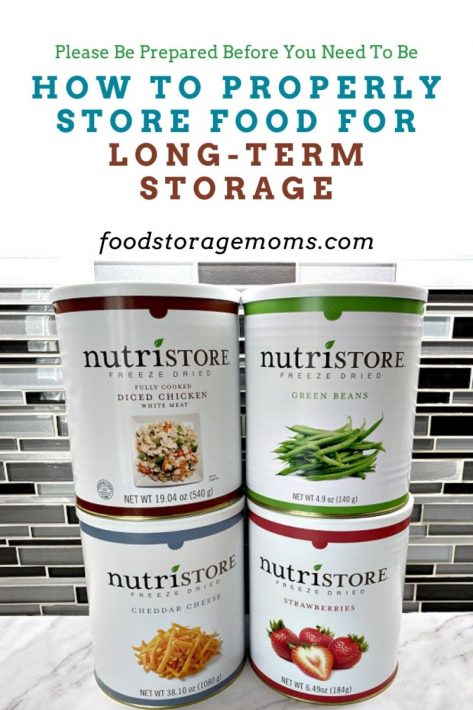
It’s been a while since I did much home canning, even though I did a ton as my girls were going up. We had many of our shelves in the basement stocked with canned fruits and veggies and I figured they’d be good for an extended period, but again, not as long as the freeze-dried products I have stored now.
When Mark and I took our Master Canning and Preserving classes we learned that home processed food is good for one year. I remember eating 4-year-old peaches, so yes, I have eaten expired home bottled fruit. It’s life, if we had a bumper crop, we bottled more.
No matter what the food product is and how it was prepared for storage, I try to use what I have on a consistent basis and rotate the older items out of the inventory so I have the newest and freshest items on the shelves. The cost of my freeze-dried favorites has gone up significantly in the past year or two, so my inventory is a little older than usual since I refuse to pay the higher prices being charged right now. Hopefully, we’ll see some reductions once the supply chain and other issues get sorted out and corrected. We’ll see.
What Foods to Stock for Long-Term Storage
There are a number of foods that are suitable for long-term food storage. If these items are stored above 65-70 degrees the shelf life will be much shorter. These include:
- Grains: rice, wheat, oats, barley, etc. White rice has a shelf life of about 4-5 years if stored in an airtight container. Wheat berries will last a very long time if stored in airtight containers. Oats, 2-3 years if stored in airtight containers. Barley has a storage life of about one year if stored in an airtight container.
- Beans: black beans, kidney beans, and pinto beans have a longer shelf life if stored in an airtight container. I plan on 5-10 years when I buy these beans. They will last longer but will take more fuel to cook them.
- Seeds: sunflower seeds, pumpkin seeds, etc. (must be stored in the freezer)
- Nuts: peanuts, almonds, walnuts, etc. (must be stored in the freezer)
- Dried fruits: raisins, dates, apricots, etc. (one year)
- Canned goods: vegetables, fruits, meat, soup, etc. (1-2 years)
- Condiments: salt, pepper, sugar, ketchup, mustard, etc. (1 year)
- Pasta: spaghetti, macaroni, etc. If commercially processed in #10 cans for about 6-8 years.
- Baking goods: flour, yeast, baking soda, etc. (white flour is 12-months)
How to Properly Store Food for Long-Term Storage
Once you’ve gathered the food you want to store, it’s important to know how to properly store it. This includes:
- Cleaning and sanitizing all storage containers before use.
- Using airtight containers to keep food fresh and free from pests.
- Label all containers with the contents and date of storage.
- Store food in a cool, dark, and dry place.
- Inspect stored food regularly and rotate as needed.
Following these tips will help ensure that your food is fresh and edible for as long as possible.
How to Properly Store Grains
Grains are one of the most basic and essential food items, making them a great choice for long-term storage. White rice is the grain that is most often thought of when it comes to long-term storage, but wheat, oats, and barley are also good options.
When storing grains, it’s important to keep them in airtight containers. This will help to keep them from going bad. Be sure to label the containers with the type of grain and the date that you stored them. Some grains can be stored in a cool, dry place for up to 30 years when the containers, temperature, and humidity are all in proper order. In reality, they must be stored in a very cool room. Cooler than I keep my home, so I know my food storage will in fact have a shorter shelf life.
Barley is probably safely stored for one year when uncooked. It is very susceptible to spoilage if any moisture is present. You should consider buying it with the husks removed. Barley is a great source of dietary fiber and has copper, manganese, and vitamin B1 if you are looking for nutrient content when using it to make bread.
I use barley in soups and stews only. I love it, but the shelf life is not as long as I like. So I only buy a bag or two for the year. Small bags, that is.
Oats are a very common food storage item since they are used in a great variety of baked items. If stored in quality containers that are placed in a cool and dry location you should be able to store them for 2-3 years.
I’ve had wheat in my storage plans for decades. I often will grind my own wheat into flour for the most delicious homemade bread around. Wheat is deemed safe to store indefinitely, but my suggestion is to plan to rotate the wheat every five years or so to make sure it is as fresh as possible.
How to Properly Store Beans
Beans are another excellent choice for long-term food storage. They are high in protein and fiber, and they can be used in a variety of recipes. Black beans, kidney beans, and lentils are all good options for long-term storage.
Like grains, beans should be stored in airtight containers. Label the containers with the type of bean and the date of storage.
A regular #10 can of beans last 10 years or more if unopened. Smaller cans tend to last for a shorter period. Bags of dried beans will last about a year, so not designed for long-term storage so use those bags first.
How to Properly Store Nuts and Seeds
Nuts and seeds are a great source of protein, making them ideal for food storage, but not necessarily for a long-term period. Cashews, peanuts, almonds, and walnuts are all good choices for storage but can be susceptible to going rancid due to the oils present in them. You may get away with storage of 2-3 years in proper containers when stored in the freezer.
When storing nuts and seeds, it’s important to keep them in airtight containers. This will help to keep them fresh and free from pests. Be sure to label the containers with the type of nut or seed and the date of storage.
How to Properly Store Dehydrated Foods
Dehydrated foods are a great option for long-term food storage. They are lightweight and easy to store, and they have a long shelf life. Dehydrated foods include mainly potatoes in my food storage stash. They are much cheaper than freeze-dried and have a shorter life. So keep that in mind.
When storing dehydrated foods, it’s important to keep them in airtight containers. This will help to keep them from going bad. Be sure to label the containers with the type of food and the date of storage. Dehydrated foods can be stored in a cool, dark, dry place for up to 5 years.
How to Properly Store Canned Foods
Canned foods are a convenient option for long-term food storage. They are already cooked and can be stored for long periods of time. Canned foods include vegetables, fruits, meat, and soup.
When storing canned foods, it’s important to keep them in a cool, dark, dry place. This will help to extend their shelf life. Be sure to label the cans with the type of food and the date of storage. Canned foods can be stored for up to 2 years.
How to Properly Store Pasta
Pasta is a staple in many diets, and it’s also a great choice for long-term food storage. Pasta can be stored in airtight containers or bags. Be sure to label the containers with the type of pasta and the date of storage. Pasta can be stored in a cool, dark, dry place for up to 2 years.
Do I Need Oxygen Absorbers for Long-Term Storage?
Oxygen absorbers are not necessary for long-term food storage. However, they can help to extend the shelf life of your food. Oxygen absorbers are small packets that contain iron powder. When they are placed in a container with food, they absorb the oxygen and create an airtight seal. This helps to keep the food fresh for longer periods of time.
Note that it is critical to understand the proper storage and handling of the absorbers. Once their packing container is opened they need to be used in short order, so don’t just leave them lying around. I’ve had some less than stellar experiences with absorbers, so I seldom use them. I will be honest here, I will never use them. That’s how I roll.
Why I Don’t Personally Use Oxygen Absorbers
Let me explain a personal experience again for those who have not heard why I do not use them. About ten years ago, maybe more, I went to a Salt Lake City, Utah dry canning center run by the LDS Church. Please keep in mind these people were not trained (these centers are now closed) to use oxygen absorbers. We only dry canned with #10 cans, let me be clear. No Mylar bags.
I had budgeted $1200.00 for Christmas to give “soup ingredient kits” to my four daughters and for myself. We made it a family project scooping beans, dehydrated onions, dehydrated carrots, and dehydrated celery into #10 cans to make soup if needed for every family. We filled car after car with cases of food to be used when needed.
One day a neighbor down in Southern Utah asked me if I had ever dry canned at the LDS cannery, I said yes. She said she had a problem with some cans she had purchased (processed herself), the food smelled and tasted rancid. I contacted my daughters and had them open the cans. I opened several of mine, the carrots smelled rancid and were dark brown and so was the celery. The onions were bad as well. We ended up throwing every single case in the weekly garbage pickup.
Here is what happened. The workers handing out the oxygen absorbers did not know (I didn’t either, I learned a few months later when I took a class how to use them and store them) that WE NEEDED A FRESH UNOPENED BAG. The “volunteers” at the cannery were not educated about the unused ones being left open. We dry canned with BAD oxygen absorbers. The oxygen absorbers were in a big pile OPEN and being handed out to every person processing #10 cans that day.
We should have been handed a NEW bag of oxygen absorbers UNOPENED and given instructions on how many cc’s per can or product we were using. We should also have been given a mason jar to quickly protect the ones we were not using to keep them fresh in an airtight container. Enough said.
What Foods Should I Use Oxygen Absorbers For?
Oxygen absorbers can be used for any type of food, with the exception of salt and sugar, these products will dry out and become like bricks. However, they are most commonly used for dehydrated foods, grains, and beans.
How Long Can I Store Food With Oxygen Absorbers?
When using oxygen absorbers, you can typically store the food for up to 5-25 years if you used the correct number of cc’s per item. I highly recommend this company, USA Emergency Supply.
Do I Need to Vacuum Seal My Food for Long-Term Storage?
Vacuum sealing is not necessary for long-term food storage. However, it can help to extend the shelf life of your food. Vacuum sealing removes the air from a container and creates an airtight seal. This helps to keep the food fresh for longer periods of time.
I have a FoodSaver unit I love. I’ve used it for years to seal the special bags designed to store food. I now have a unique attachment that allows me to seal mason jars. When considering a vacuum sealer be sure to ask about the mason jar sealing attachment, you’ll be glad you have one.
What Foods Should I Vacuum Seal for Long-Term Storage?
Vacuum sealing can be used for any type of food. However, it is most commonly used for dehydrated foods, grains, and beans.
Should I Use Mylar Bags?
Mylar bags are a type of bag that is used for long-term food storage. They are made of a thick, metallic material that is impermeable to light, oxygen, and moisture. Mylar bags can be used to store dehydrated foods, grains, and beans.
When using Mylar bags for long-term food storage, it’s important to use an oxygen absorber. This will help to keep the food fresh for longer periods of time. As a reminder, never use oxygen absorbers with sugar or salt, they will become bricks.
How Long Can I Store Food in Mylar Bags?
When using Mylar bags, you can typically store the food for up to 5-25 years, depending on the temperature of where the food is stored and if you used the correct amount of oxygen absorbers.
Do I Need to Rotate My Food?
Yes, it’s a good idea to rotate your food every 6 months to ensure that it doesn’t go bad. When you rotate your food, you should also check the containers for any signs of damage or leakage. If you find that a container is damaged, you should replace it and you may be faced with having to discard the food. If in doubt, throw it out!
Final Word
Long-term food storage is a great way to prepare for emergencies. By storing food, you can ensure that you and your family will have enough to eat if there is a problem with the food supply.
When storing food, it’s important to use airtight containers and label them with the type of food and the date of storage. Oxygen absorbers and vacuum sealing can also help to extend the shelf life of your food. Be sure to rotate your food every 6 months to ensure that it doesn’t go bad. For more detailed storage ideas, check out my post: How to Store Your Food Storage. May God Bless this world, Linda

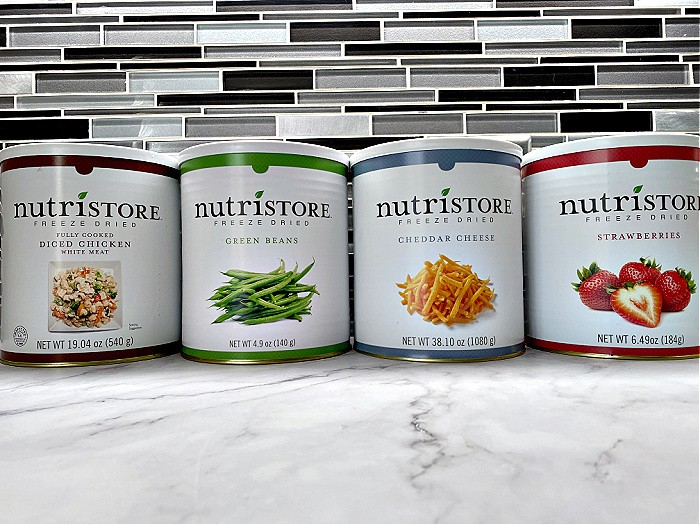

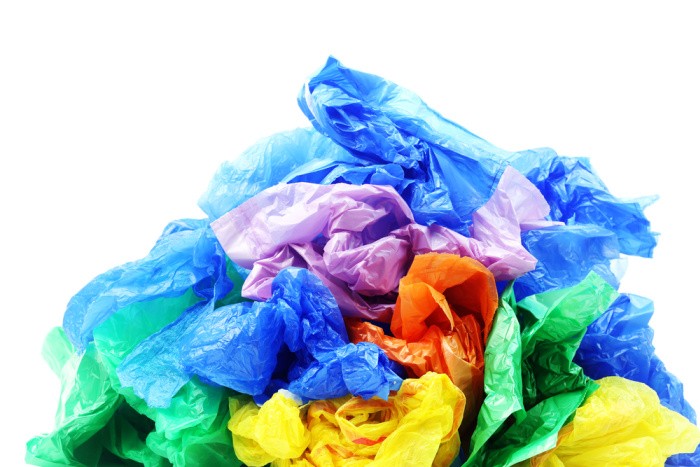

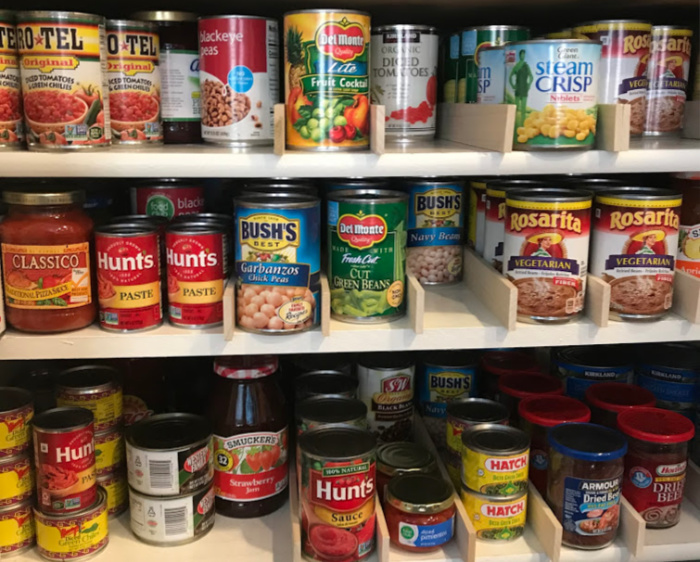
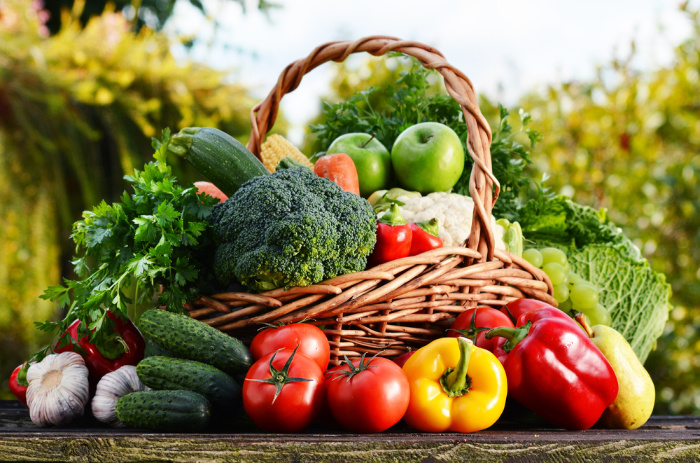
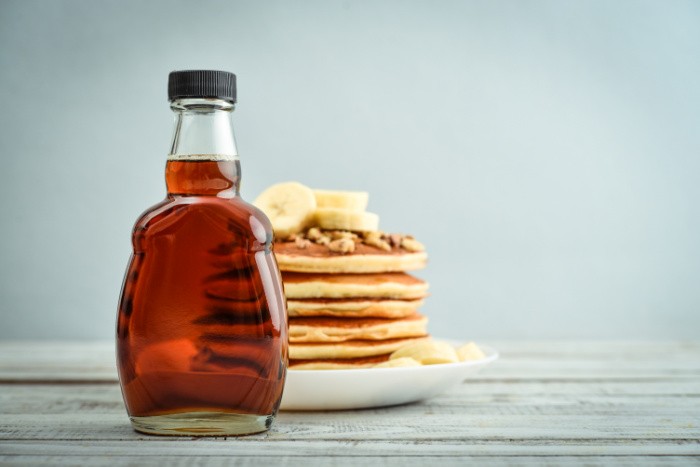
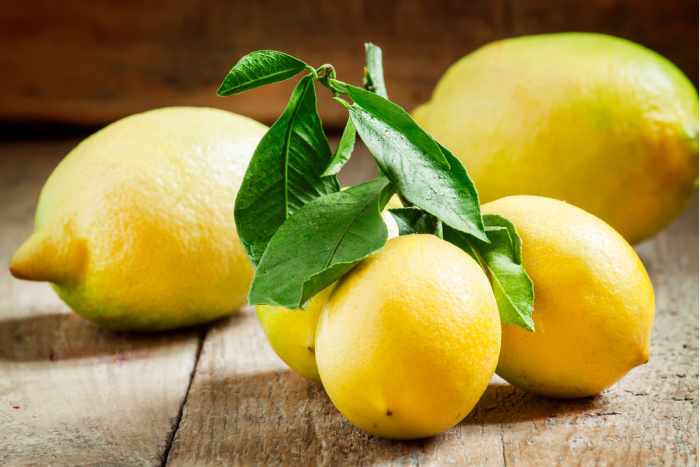
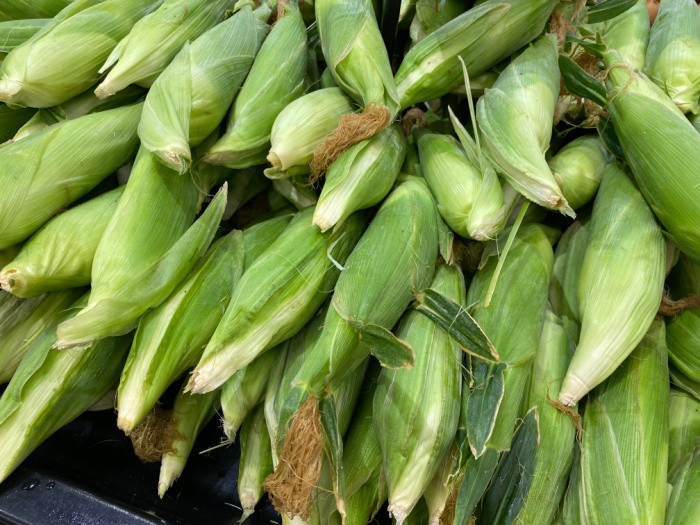
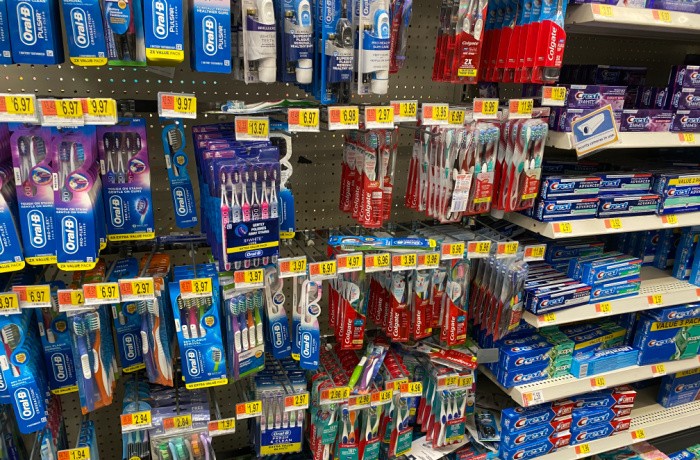

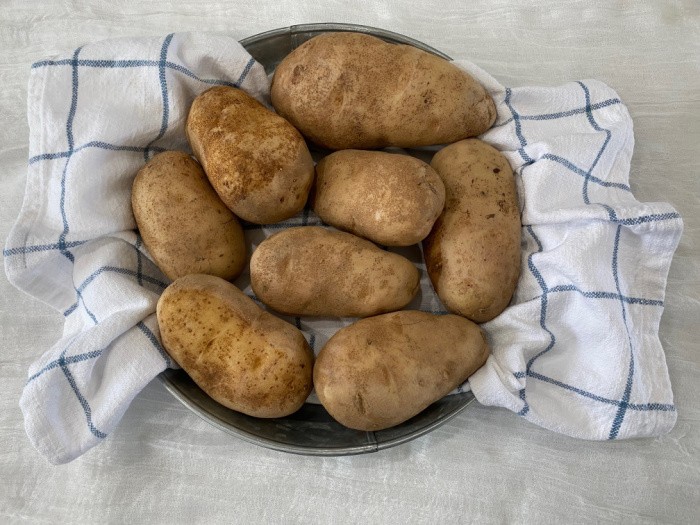

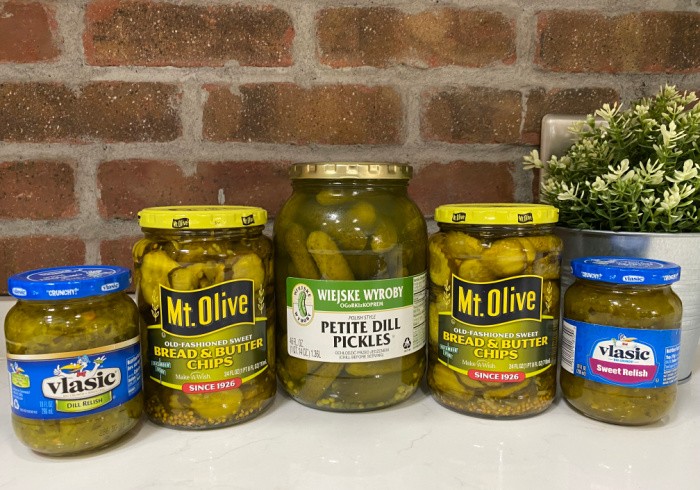
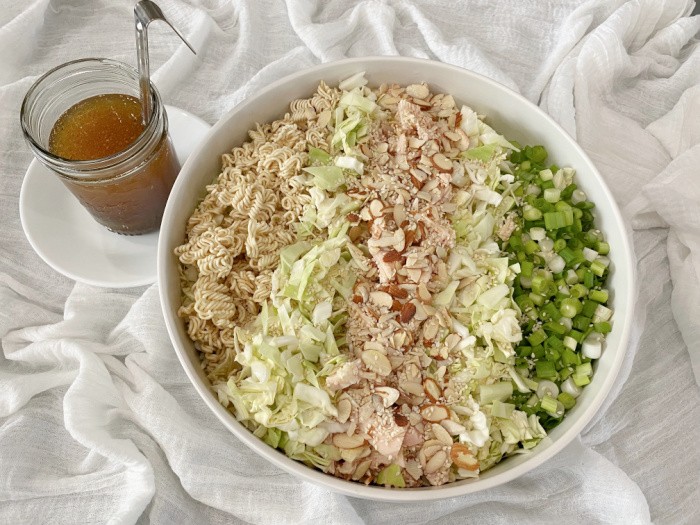
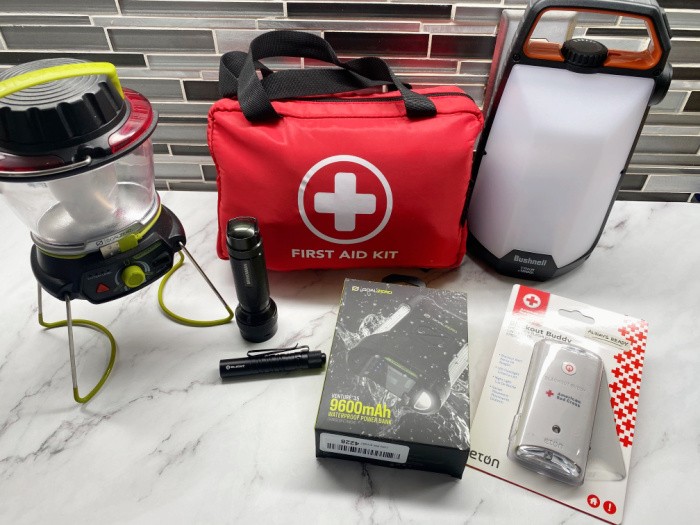
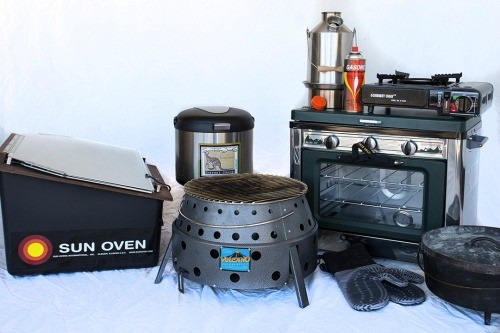
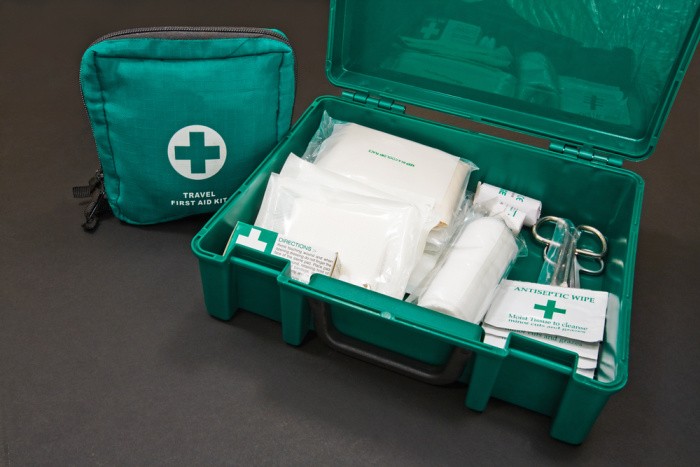
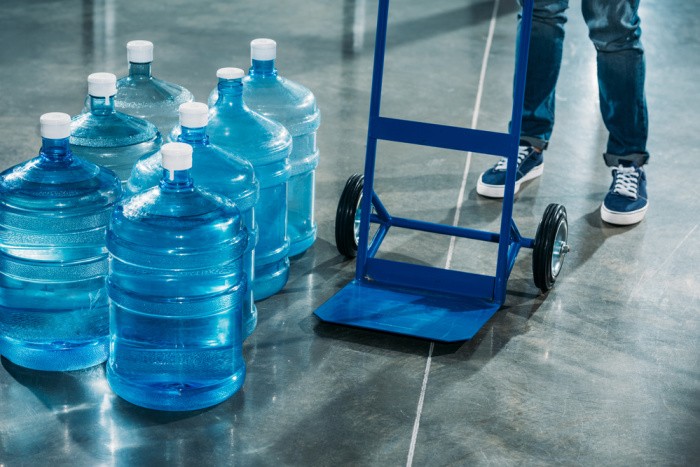
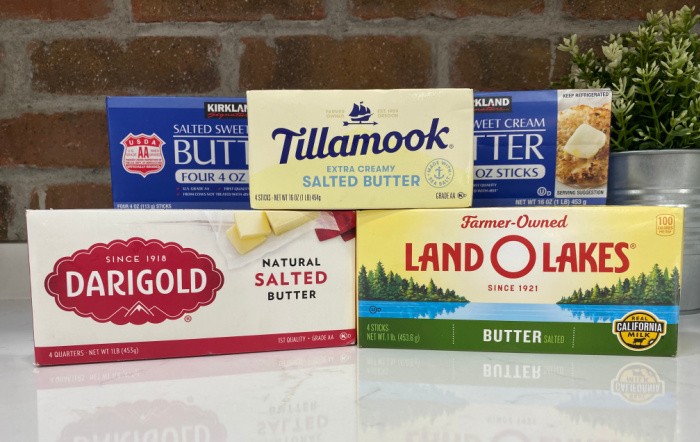

Very good information, Linda. One thing I don’t have is the #10 cans of food. I do have some of the milk because I like the taste of powdered milk. I’m hoping that canned food from the grocery store and my own canned food from our garden will be enough for us. I’m also going to can meat and that’s happening very soon.
Hi Paula, we can only do what we can do. Right now the price for #10 cans is ridiculous. I am not buying any right now. I do buy a few “Pantry” size cans, but rarely because of the price. Canning meat is the best idea!! Canning vegetables is awesome! Keep up the good work, Linda
I store food for many reasons from probabilities to possibilities. Justification isn’t needed. A lot of people can’t understand that. This isn’t high school anymore.
On the Mylar I try and get the best ones possible. 70mil with zipper tops and tear tabs built in. These days you get what you can. If your questioning it then double up. Seal one then put it inside another and seal again. Money savings isn’t necessarily the goal because this is your food for you and loved ones. Safety is the goal.
The enemies of food storage are light, air and heat.
Label label and label. The package, the bucket or storage container and an inventory. Things happen and labels get destroyed or lost.
Hi Matt, great comment, someone is questioning why I do not use Mylar bags and oxygen absorbers in an email. You know what you’re doing. I’m going to go add “my story” as to why I don’t use them (oxygen absorbers) not Mylar bags. Great comment as always! Thank you, Linda
You should feel heat coming from them if the O2 absorbers are good. They also come with color changing indicators in the packaging.
That’s too bad on the LDS because the ones who canned with us were very skilled and knowledgeable
Hi Matt, I agree, I’m glad you had someone who was skilled in how to use them. I really think this is why the LDS centers are shut down. I have so emails about bad food that they dry canned themselves. If I hadn’t had this happen to me I would question it, but I lived it with dozens of other people, too many to count. I sure hope they have Imodium D stocked or whatever they need for food poisoning. It’s life, Linda
Another great post by Linda. I’m going to order some Mylar bags. I do need to label my 5 gallon buckets. That will be done today. I have beans in one, rice in one and flour in one. I need more, for pasta and other items. I have cooked my old beans in the instant pot and it takes about 30-45 minutes in it. Even pre-soaked. We do love to eat our beans. We love most all beans. Beans, cornbread and tomato and onion can make us a meal. It’s what I grew up eating. Sometimes we have mashed potatoes or rice with them. Oh and pan fried potatoes, AKA country potatoes. Yum.
Oh and Linda, I’m healing slowly from my adult trike wreck. It’s now itching, and yellow.
Hi Deborah, I love hearing you are getting better!! We need exercise but getting hurt is not fun! I love beans too! I could eat beans every day, different ones, they all taste awesome! Linda
My daughter and sis-in-law say it looks bad, but it’s looking better than it did. The arm is a bit swollen, but it’s OK. If need be, I’ll see the doc again.
Due to health, transportation, and economic issues, my family has been eating mostly from my preps for almost 3 months. I realized that I’ve been their rock for too long. Yes, I will look to change this, but, dang, I’m just tired.
Our family dry packed canned at the LDS cannery hear us years ago . We always added the O2 pkts. and have never had any problems with what we canned. I know that some things can have a problem, but after years of usage and storage none have gone bad or had a bad taste. I use mine all the time.
Hi Cheryl, you are lucky, I have heard from so many people who have had issues. You probably were given good oxygen absorbers and knew how to use them. Linda
Yes, but even our kids knew how to use them. The ones I use now for my own usage that I get from Winco, do the job very well. You really need to use as many as necessary for what you are dry canning. I don’t trust others to do what I can do. I know that isn’t possible now, but the food that you might buy that may be bad is now replaced when you take it back. That helps the do a better job the next time things are canned.
Hi Cheryl, yeah, I was living in Southern Utah and within the year the LDS canneries shut down. I’m sure they realized there were problems. It’s all good, I just worry about others who have not opened their cans. I did the cans in Sandy, Utah. Linda
What are your thoughts on storing raisins and prunes in the freezer? I only seem to use them in the winter months.
Hi Nova, I have never frozen raisins or prunes, try a bag or two and see how you like them. Linda
This is good information. My husband has a big barrel that he keeps our beans in. Some of them go back more years than I want to admit but they have never hurt us. I take and soak the beans for several hours and then bring them to a boil and then drain them. Add more hot water and cook them overnight. I know most people use kidney or pinto beans for their chilli but I use about 15 different types of beans including Black, Navy and Anasazi beans and my family laps the chilli up. My husband and daughter love beans so instead of using them just in winter I think I will start making them each week to use up some of them up. I think I have about 2-3 thousand pounds of beans stored
Hi Jackie, oh my gosh, you have a lot of beans! Yay!! You are set, my friend! Life is good with a bowl of chili! Linda
My experience in food storage for longer than 9-12 m9nths is very limited. Even when we did can, our kids would eat it up before next seasons canning. I will keep learning and do the best I can.
Hi Chris, I remember those days!!! You would preserve/can more jars and as the kids grew we need to can more!! Linda
Kind of off topic, wondering if anyone knows of a success way to make your own distilled water? Not good reviews on C-Pap website. Price keeps going up and we need distilled for hub’s c-pap machine and both of us use nettie pot for allergies (KY is one of the worst). Not sure extended storage plus we use at least 1/1/2 gallons a week. FYI, shop in baby dept. of Walmart where the distilled water is cheaper than in grocery section!
Hi Marilynne, It’s funny you would mention this topic, I have friends and family on C-Paps. We looked at the cost and calculated it didn’t make sense for some of our friends and family members to buy one. Let’s see what others say. Thanks for the baby section tip! Love it! Linda
Thanks, that is what we saw!
Hi Marilynne, prices on just about everything right now are overpriced. Linda
Thanks for the feature, Linda! Glad we could help with your long term storage 🙂
Hi Nutristore Foods, I’m so excited to tell people about your company!!! Thanks again, Linda